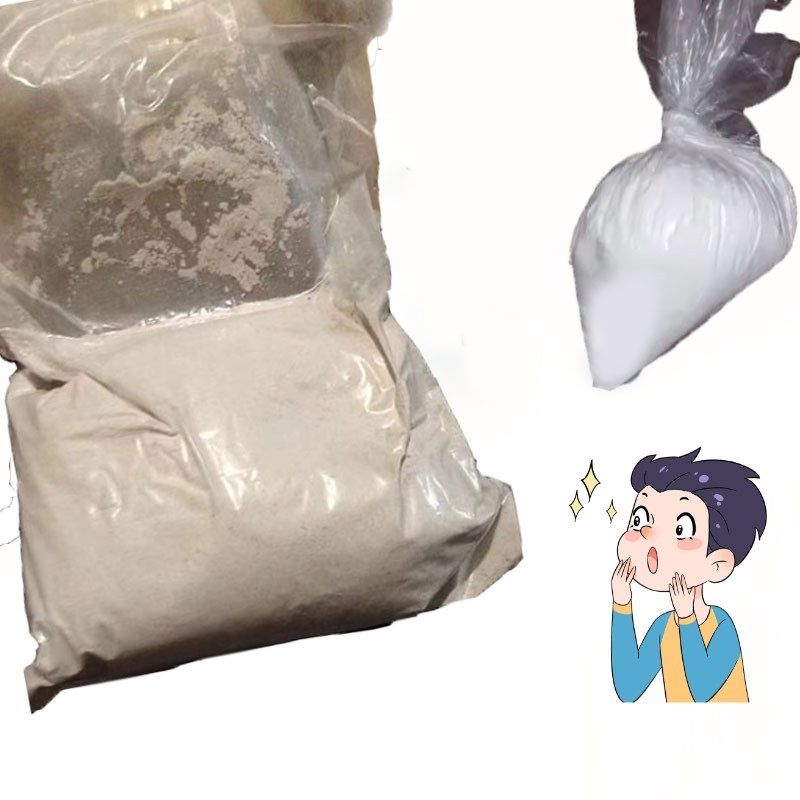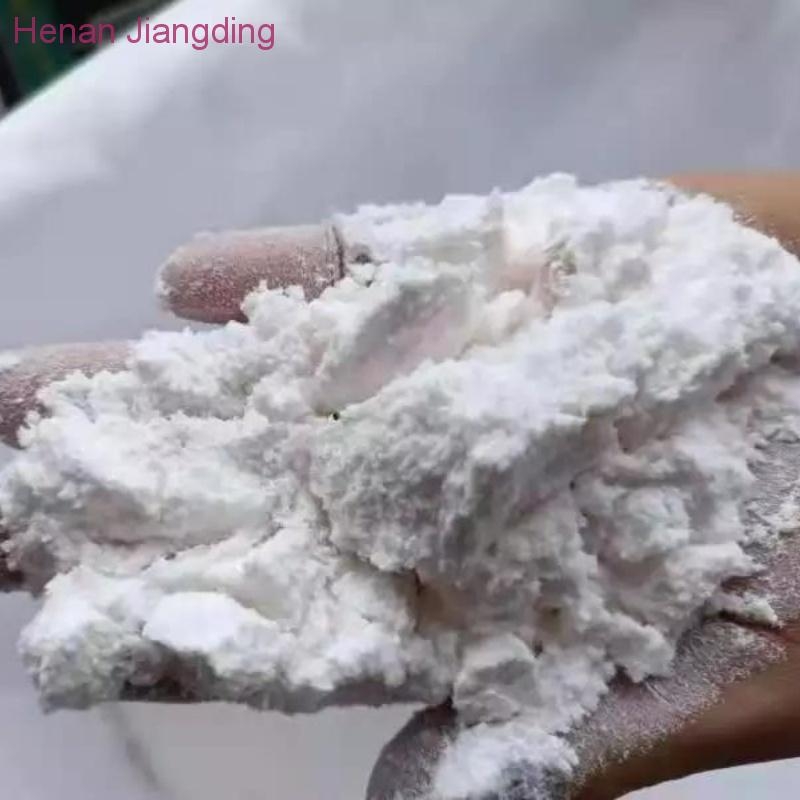-
Categories
-
Pharmaceutical Intermediates
-
Active Pharmaceutical Ingredients
-
Food Additives
- Industrial Coatings
- Agrochemicals
- Dyes and Pigments
- Surfactant
- Flavors and Fragrances
- Chemical Reagents
- Catalyst and Auxiliary
- Natural Products
- Inorganic Chemistry
-
Organic Chemistry
-
Biochemical Engineering
- Analytical Chemistry
- Cosmetic Ingredient
-
Pharmaceutical Intermediates
Promotion
ECHEMI Mall
Wholesale
Weekly Price
Exhibition
News
-
Trade Service
Meige syndrome (MS) is a rare type of segmental dystonia of the skull and neck.
The symptoms usually occur in adulthood, and the incidence of women is higher than that of men (the ratio is about 1.
6:1 to 3.
3:1 )
.
Patients will experience symptoms such as difficulty in opening their eyes, increased blinking frequency, mental disorders, and other aspects of life and social life are often severely affected
.
Early treatment of MS includes oral medications (such as anticholinergics, dopamine antagonists, etc.
) and local injection of botulinum toxin-A
.
However, some patients have poor response to oral drugs and have obvious side effects.
Long-term repeated local injections of botulinum toxin-A can also develop drug resistance
.
For these drug-refractory MS patients, deep brain stimulation (DBS) is a safer and effective alternative treatment, and the most commonly used brain stimulation is globus pallidus internus (GPi)
.
In previous case studies, there are individual differences in the therapeutic effects of GPi-DBS.
The main reason may be the difference in the location of the stimulation target, but this statement has yet to be confirmed
.
The research on the characteristics of nerve electrophysiological activity near the stimulation target area is extremely limited, which further hinders people's in-depth understanding of the pathological mechanism of MS and the treatment mechanism of DBS
.
Researcher Wang Liang's research group of the Key Laboratory of Mental Health of the Institute of Psychology, Chinese Academy of Sciences and collaborators based on the study of bilateral GPi-DBS MS patients found that the treatment effect is better and the best compared with the group of patients with poor treatment effect In the patient group, the DBS stimulation target was located on the posterior ventral side of the medial globus pallidus (Figure 1-A), and the average firing rate of neurons near the DBS target area was higher (Figure 1-B)
.
The study shows that in MS treatment, ventral electrical stimulation of the medial globus pallidus may have a better therapeutic effect, and higher neuronal action potentials can be used as biomarkers to guide the selection of DBS electrode targets during surgery
.
Related research results were published in Brain Stimulation
.
This research work was funded by the National Natural Science Foundation of China, the Strategic Leading Science and Technology Project of the Chinese Academy of Sciences (Category B), the Brain Cognition and Brain Medicine Special Project of the Beijing Municipal Science and Technology Commission, and the Cross-Innovation Team Project of the Chinese Academy of Sciences
.
Figure 1 (A) The distribution of DBS stimulation contacts on the long axis of GPi in different therapeutic groups
.
The 0 on the y-axis represents the front end of the GPi long axis.
The larger the value on the y-axis, the closer the DBS stimulation contact is to the back of the GPi.
(B) The average firing rate of GPi neurons in different therapeutic groups (*p <0.
05 ) Source: Institute of Psychology, Chinese Academy of Sciences
The symptoms usually occur in adulthood, and the incidence of women is higher than that of men (the ratio is about 1.
6:1 to 3.
3:1 )
.
Patients will experience symptoms such as difficulty in opening their eyes, increased blinking frequency, mental disorders, and other aspects of life and social life are often severely affected
.
Early treatment of MS includes oral medications (such as anticholinergics, dopamine antagonists, etc.
) and local injection of botulinum toxin-A
.
However, some patients have poor response to oral drugs and have obvious side effects.
Long-term repeated local injections of botulinum toxin-A can also develop drug resistance
.
For these drug-refractory MS patients, deep brain stimulation (DBS) is a safer and effective alternative treatment, and the most commonly used brain stimulation is globus pallidus internus (GPi)
.
In previous case studies, there are individual differences in the therapeutic effects of GPi-DBS.
The main reason may be the difference in the location of the stimulation target, but this statement has yet to be confirmed
.
The research on the characteristics of nerve electrophysiological activity near the stimulation target area is extremely limited, which further hinders people's in-depth understanding of the pathological mechanism of MS and the treatment mechanism of DBS
.
Researcher Wang Liang's research group of the Key Laboratory of Mental Health of the Institute of Psychology, Chinese Academy of Sciences and collaborators based on the study of bilateral GPi-DBS MS patients found that the treatment effect is better and the best compared with the group of patients with poor treatment effect In the patient group, the DBS stimulation target was located on the posterior ventral side of the medial globus pallidus (Figure 1-A), and the average firing rate of neurons near the DBS target area was higher (Figure 1-B)
.
The study shows that in MS treatment, ventral electrical stimulation of the medial globus pallidus may have a better therapeutic effect, and higher neuronal action potentials can be used as biomarkers to guide the selection of DBS electrode targets during surgery
.
Related research results were published in Brain Stimulation
.
This research work was funded by the National Natural Science Foundation of China, the Strategic Leading Science and Technology Project of the Chinese Academy of Sciences (Category B), the Brain Cognition and Brain Medicine Special Project of the Beijing Municipal Science and Technology Commission, and the Cross-Innovation Team Project of the Chinese Academy of Sciences
.
Figure 1 (A) The distribution of DBS stimulation contacts on the long axis of GPi in different therapeutic groups
.
The 0 on the y-axis represents the front end of the GPi long axis.
The larger the value on the y-axis, the closer the DBS stimulation contact is to the back of the GPi.
(B) The average firing rate of GPi neurons in different therapeutic groups (*p <0.
05 ) Source: Institute of Psychology, Chinese Academy of Sciences







